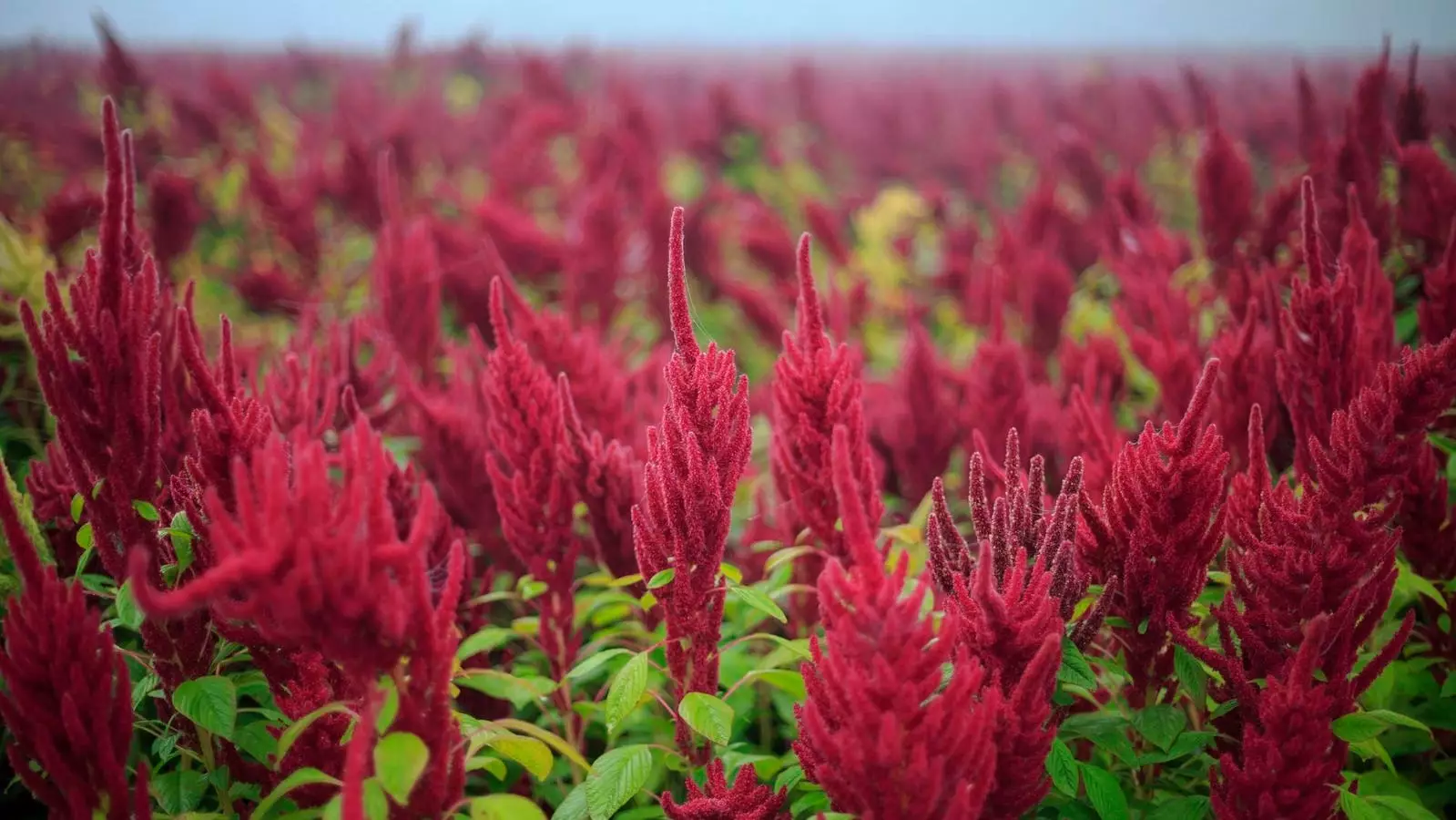In an era marked by food insecurity and climate challenges, the potential of edible plant species is often underappreciated. While the global diet relies heavily on a meager handful of staple crops, the vast world of edible plants remains largely untapped. The United Nations Food and Agriculture Organization (FAO) highlights an alarming trend in our dietary habits: just three crops—rice, maize, and wheat—supply an overwhelming 60 percent of our plant-derived carbohydrates and proteins. This dependency on such a narrow genetic pool raises concerns about food security, climate resilience, and nutritional diversity.
Agrobiodiversity encompasses the variety and variability of plants, animals, and microorganisms used in agriculture. Its conservation is crucial for sustainable agricultural practices and ensuring food security. The startling fact that less than 10 percent of the crops stored in genebanks are vegetables points to a critical imbalance. This is especially evident in Africa, where Indigenous vegetable varieties have largely been overlooked. Maarten van Zonneveld, an expert in genetic resources, emphasizes the urgency of conserving these crops to tackle malnutrition.
A diverse gene pool is fundamental not only for enhancing the resilience of crops against diseases and pests but also for adapting to climate change. Varieties that have been cultivated for generations often exhibit traits that can better withstand climatic stresses, thereby ensuring a more secure food supply.
The African Vegetable Biodiversity Rescue Plan
Recognizing the pressing need for action, the African Vegetable Biodiversity Rescue Plan was launched at the Africa Food Systems Summit in Kigali, Rwanda. Spearheaded by Dr. Cary Fowler, this decade-long initiative from 2025 to 2035 aims to spotlight native African crops and unlock their potential. The World Vegetable Center, which leads the project, stresses that reintroducing these neglected crops into our diets can significantly improve the food systems in sub-Saharan Africa.
The initiative seeks not just to conserve these crops but to integrate them into modern agricultural practices and consumer markets. These “forgotten” food crops are seen as essential allies in developing resilient food systems capable of combating hunger, malnutrition, and economic instability influenced by climate change.
Climate change poses significant threats to agriculture worldwide and is particularly perilous for traditional crops in Africa. Increased frequency of droughts, floods, and rapid urbanization undermines the very crops that formed the backbone of local diets for generations. As Gabriel Rugalema, Associate Director General for Africa at the World Vegetable Center, points out, the Rescue Plan offers a collaborative approach to safeguarding these native vegetable varieties.
Indeed, these indigenous crops have nutritional benefits that can enhance food security while being more adaptable to extreme weather conditions. By revitalizing these crops, we can form a foundation for sustainable agricultural practices and healthier diets, paving the way for individuals and communities to thrive.
Empowering Local Communities through Diverse Diets
As consumers, we hold a vital role in this transformation. Embracing a diverse array of crops in our diets is imperative; it can drive demand for these lesser-known varieties. Whether it’s exploring local grocery stores or farmers’ markets for unique vegetables, or trying grains like fonio or millet that may be less common, every small choice contributes to a broader impact. By diversifying our diets with climate-smart foods, we not only enrich our own nutritional intake but also support farmers in preserving biodiversity.
Moreover, the promotion of these “opportunity crops” is not merely about nutrition; it is also about cultural heritage and the preservation of traditional agricultural practices. Reconnecting with these foods fosters a sense of community and common purpose in the quest for a sustainable food future.
The African Vegetable Biodiversity Rescue Plan is a beacon of hope in the fight against malnutrition, climate impacts, and the ongoing degradation of our agricultural systems. By directing resources toward the conservation and promotion of African vegetable diversity, we empower local communities, enhance food security, and build a more resilient future. The world is rich with forgotten crops and diverse flavors waiting to be rediscovered; it’s time we embrace them for the greater good. As we look toward a sustainable future, the revival of edible plant diversity could be one of our most powerful tools.


Leave a Reply